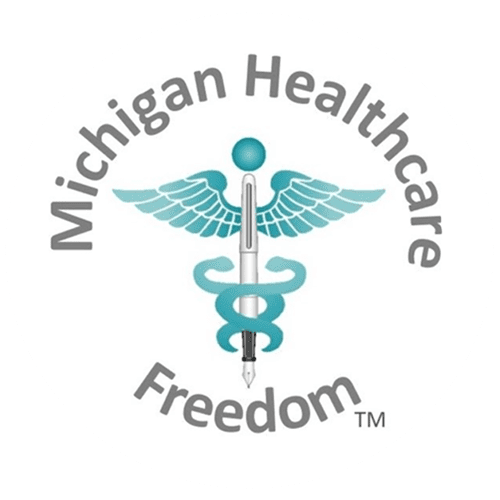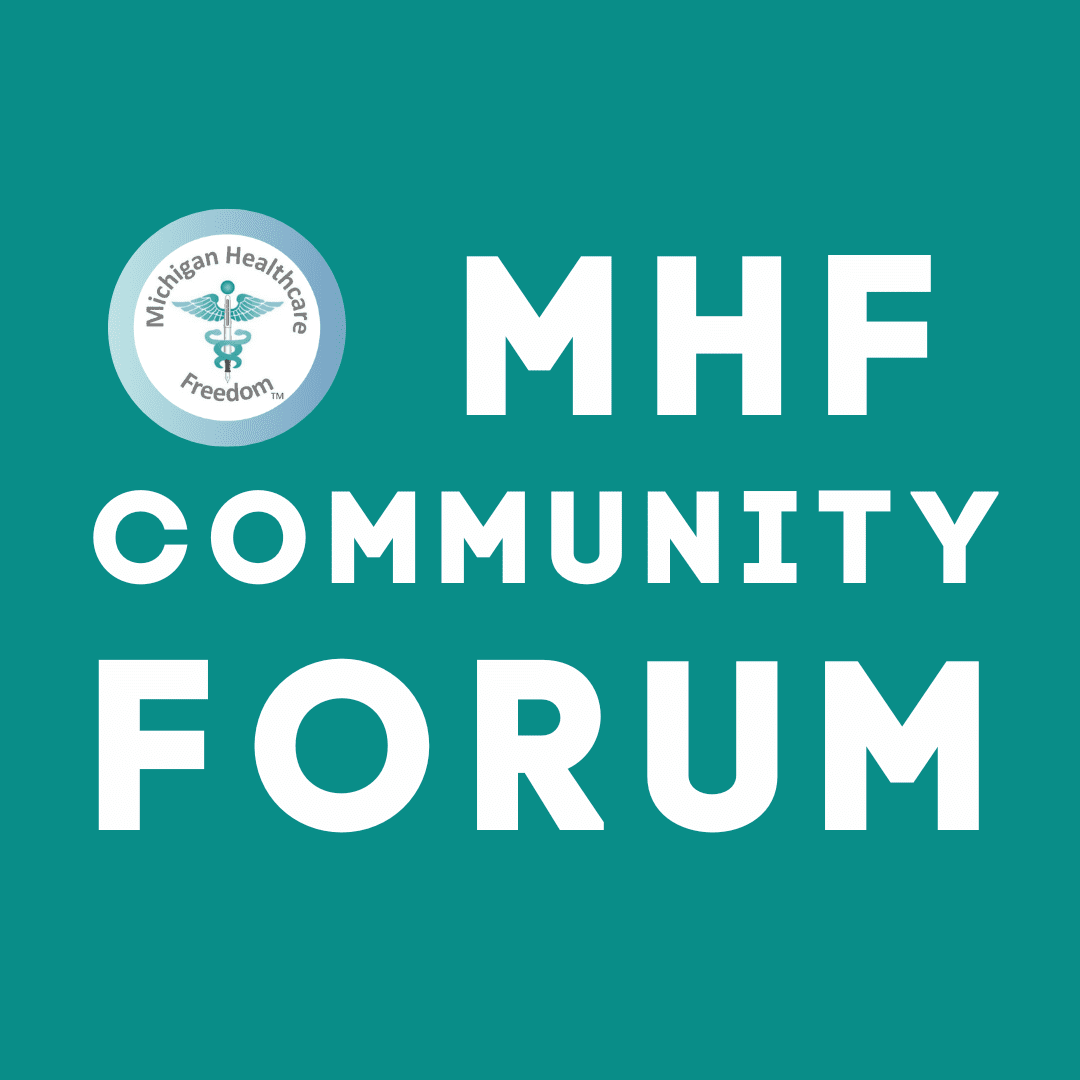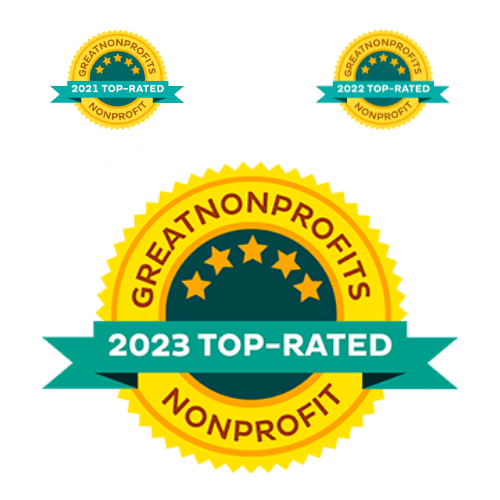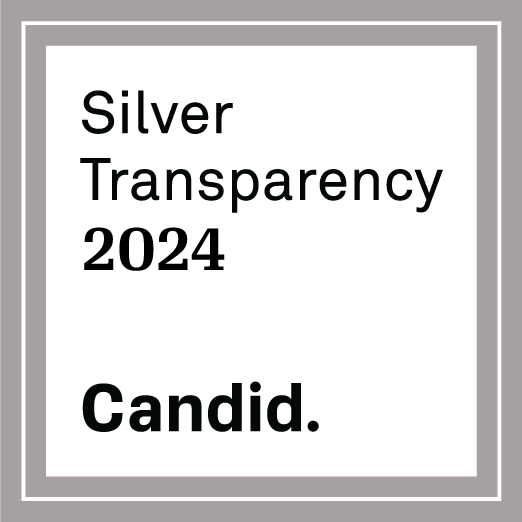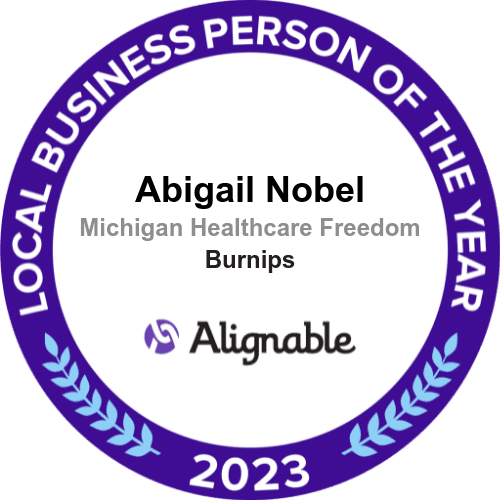
Even the FTC has had it with the avarice of Pharmacy Benefit Managers (PBMs). The FTC just withdrew its past statements that forcing PBMs to disclose their dealings with pharmaceutical manufacturers, sellers, health care insurers, and drug consumers would undermine their ability to lower healthcare costs.
The latest example of PBMs' surreptitious pricing games are the biosimilar versions of AbbVie's arthritis drug Humira (adalimumab), which are now available. Branded Humira was one of the world's best selling (and very expensive) prescription drugs when it was under patent. Adalimumab costs are still driving health care insurance premium pricing in Michigan and across the country:
Launch of arthritis drug biosimilars ramps up US pressure on pricing 'middlemen'
By Patrick Wingrove - July 25, 2023July 25 (Reuters) - Cheaper versions of one of the most costly and widely used arthritis treatments in the U.S. are likely to fuel further scrutiny of the middlemen that negotiate drug prices for most insured Americans from lawmakers and the federal government, according to healthcare experts.
Seven drugmakers this month launched their own versions, known as biosimilars, of AbbVie's (ABBV.N) flagship arthritis drug Humira, once the world's top-selling prescription medicine. Three have kept their list price within 5%-7% of AbbVie's, two priced at an 85% discount and two have offered both types of prices.
Once several competing versions of a drug become available prices tend to plummet, although less so with complex biotech drugs like Humira. Traditional generic pills that are exact copies and easily produced can quickly drop prices by 90% or more. Other biosimilars have had price cuts of around 50% on launch, according to data from the Association for Accessible Medicines trade group.
"That list prices of Humira and its biosimilars remain high even with robust competition should fuel calls to reform our Byzantine, dysfunctional pharmaceutical supply chain," said Ameet Sarpatwari, a professor and drug pricing authority at Harvard Medical School.
For insured patients who are often on the hook for co-pays of 10% to 25% of the list price, the savings have been minimal.
Lawmakers and the Federal Trade Commission (FTC) have been investigating the role of PBMs in rising healthcare costs. Several bills are in the works that would require them to make their business dealings public, including the fees they earn on transactions.
The FTC last week withdrew past statements suggesting that forcing PBMs to disclose their dealings would undermine their ability to lower healthcare costs, adding that the industry has changed since then.
The three biggest PBMs, CVS Health's (CVS.N) Caremark, Cigna Group's (CI.N) Express Scripts, and UnitedHealth Group's (UNH.N) Optum RX, declined to comment.
PBMs say they play an important role in holding down drug costs for their clients, including employers and health insurance plans, and that most after-market discounts go to their customers.
'AN OPAQUE OPERATION'
Amgen (AMGN.O) called attention to the middlemen when it launched Amjevita, the first approved near copy of Humira, in January. It set two prices for its version, saying PBMs prefer a higher list price from which they garner after-market discounts. In return, drugs receive a low co-pay or other preferable coverage terms.
Amgen offered 5% and 55% discounts to AbbVie's $6,922 per month Humira price tag, and both were included on drug coverage lists at two large PBMs.
In the subsequent nearly three months, only 9% of all patients that used the drug had gotten the lower priced version, according to industry trade group Biosimilars Forum.
Healthcare experts say that trend could continue even though Express Scripts and Optum RX added both the high- and low-priced biosimilars from Novartis' Sandoz unit to their coverage this month.
It also could take years for current proposals to result in meaningful savings for consumers, experts on the U.S. healthcare system say. Stricter rules on how these companies can operate, including restrictions on how they determine charges and a possible reimagining of their business model, would help, they said.
Law professor Robin Feldman from University California College of the Law, San Francisco, said some legislative proposals, like one from Democratic Senator Ron Wyden on how PBMs determine their fees, could make a dent provided they stop the companies from making up lost revenue elsewhere.
The U.S. government spent about $9 billion on Humira in 2021.
"The basic challenge here is PBMs made a lot of sense 30 years ago," Wyden said. He told Reuters this month that PBMs should release more detailed information about how they operate.
A bipartisan bill in the works led by Republican Senator Chuck Grassley would require PBMs to report to the FTC payments received from health plans and fees charged to pharmacies.
Earlier this month, Grassley told Reuters the PBM system was “an opaque operation. Transparency brings accountability, and there’s no accountability.”
"Who gets the benefit of the rebates?" he asked. "In most cases you’ll find out that local pharmacists and consumers don’t benefit much from it."
"Generic" Humira has been a long time coming. Michigan proposed bills defining how pharmacies could substitute these generic-equivalent drugs in 2015, and passed one in 2018.
The big cost-driver lobbying those particular bills was manufacturers. Any barrier to the biosimilars (generic equivalent) meant more money for the original manufacturer. They got VERY creative with their barriers.
I testified, with help from a patient right in the middle of the bad policy impact. We had some impact the first time around. That testimony is reproduced here.
From today's Morning Brew:
CVS got a taste of its own medicine after Blue Shield of California said it will replace CVS’s pharmacy benefit manager system with other companies, including Amazon Pharmacy and Mark Cuban’s Cost Plugs Drugs business, to supply cheaper drugs to its members. The move poses an existential threat to the entire pharmacy-benefit manager model.
Amgen back in the news trying to bring another biosimilar ("generic") to market.
Original patent holders are twisting in the wind, leveraging every sector of government to extend these extremely lucrative biologic patents.
This time, it was the courts that delayed more affordable drugs.
Stelara Biosimilar OK'd With Interchangeability
— But patent settlement may keep new product off market until 2025
A biosimilar version of the multipurpose biologic drug ustekinumab has been approved by the FDA and can be swapped interchangeably with the original product sold as Stelara.
The new version carries the brand name Wezlana and the generic name sports the suffix -auub, the FDA said in announcing the approval late Tuesday. Amgen is the manufacturer.
Indications for Wezlana in adults are the same as for Stelara:
- Moderate to severe plaque psoriasis, for patients who otherwise could receive phototherapy or systemic therapy
- Active psoriatic arthritis
- Moderate to severe Crohn's disease
- Moderate to severe ulcerative colitis
Like Stelara, the new version is also approved for children ages 6 and older with plaque psoriasis or psoriatic arthritis. Neither product has yet been okayed for pediatric bowel disorders.
Wezlana's label will also contain all the same cautions and warnings as Stelara's, such as heightened infection risk.
Ustekinumab is a dual inhibitor of interleukins 12 and 23. It was among the first biologic drugs that patients could self-inject.
The approval for interchangeability is a coup for Amgen, as only a handful of other biologics have gained that status. It required an extra level of clinical testing to demonstrate that patients experienced no issues when switching between the two versions. With this designation, pharmacies can substitute the biosimilar for the original drug without the prescriber having to specify it.
HHS Secretary Xavier Becerra issued a statement applauding the FDA decision as promoting competition and lower drug costs. "Today's action by the FDA is a welcome step forward to approve a biosimilar for a drug taken by tens of thousands of Americans," he said. "Through President Biden's Inflation Reduction Act, we were able to remove some of the incentives for drug companies to block biosimilar and generic drugs from entering the market -- instead encouraging healthy competition."
That latter boast, however, seems odd in light of an agreement reached earlier this year between Amgen and Stelara's maker, Johnson & Johnson, that appears likely to keep Wezlana off pharmacy shelves for more than year. As typically happens with biosimilars, J&J had sued Amgen preemptively for patent infringement. In May, they settled out of court; full terms weren't disclosed but Amgen said it could have to wait until Jan. 1, 2025, to begin selling its version.
https://www.medpagetoday.com/rheumatology/generalrheumatology/107102
How much changed in 10 months!
A Marketplace Radio report today broke great news for patients everywhere who depend on biologics (insulin, chemo, RA and other immunologic drugs).
It's buried inside the PBM story, so I'll break it down a little.
I'm still disgusted with PBM middlemen in the drug market. I'm watching closely for market forces to eliminate them, and I think Michigan lawmakers were wrong to extend their lifespan with licensing. It's more legitimacy than they deserve. (Besides giving state government even more power in the market.)
BUT....
Even PBMs serve a useful function once in awhile. Check out that 81% savings on a "generic" version of Humira!
When I testified back in 2015, the best guess anyone had was 40-60%. This is really good news about what's possible with our highest-priced drugs.
Audio at the link.
The biggest middleman in the prescription drug supply chain now makes drugs
PBMs negotiate prescription prices between drugmakers and health insurers, and manage the initial paperwork and negotiation for prescription drug claims. They’re middlemen companies at the center of a complicated supply chain. PBMs often determine how much insurers pay for patient prescriptions and also operate their own pharmacies.
Prescription drugs have a complicated supply chain. At the center of that are those PBMs. PBMs have existed since the 1960s, though in the past few decades, they’ve stuck their hands into every part of the pharmaceutical supply chain pie. Except one pie — they didn’t make the drugs.
But now the largest PBM has also decided to do just that. On April 1, CVS Health entered the specialty drug manufacturing business.
Regulators have been taking a hard look at PBMs.
Marketplace Hosted by Kai Ryssdal
“There clearly is something that is not working in our pharmaceutical marketplace,” said Rahul Rao, deputy director of the Federal Trade Commission’s Bureau of Competition. “We see the smoke. Now let’s find the fire.”
The FTC thinks the fire might be PBMs. The agency invited the public to submit complaints about PBMs in February 2022.
“I think we received over 24,000 comments from doctors and independent pharmacists and patients just talking about the struggles that they feel on a day-to-day basis,” Rao said.
One common complaint? Pharmaceutical mergers creating mega-companies.
“The PBM and pharmacy market is not a normal or healthy functioning market,” Rao said. “It is so consolidated, with so few players.”
For example, you probably know CVS as a brick-and-mortar pharmacy chain with extremely long receipts. But it also owns the third-largest health insurer, Aetna, and the largest PBM, CVS Caremark.
These mergers are everywhere in pharmaceutical products. The FTC worries they hurt healthy competition. And critics say PBMs already benefit from higher drug prices.
In 2023, CVS founded Cordavis, a wholly owned subsidiary of CVS Health, to manufacture prescription drugs. Cordavis’ focus is on bringing biosimilar medications to the American market; these are generics for expensive specialty drugs called biologicals.
“By 2030, there is a $100 billion opportunity in biosimilars,” said Sree Chaguturu, chief medical officer of CVS Health.
Cordavis has started by making Hyrimoz, a biosimilar for Humira, which treats autoimmune disorders. Once Humira’s U.S. patents expired, CVS swooped in with Hyrimoz.
In the three weeks after it hit the market, Chaguturu said that 93% of CVS prescriptions were filled with the new biosimilar. That shows the power of CVS’ market saturation; it pushed Hyrimoz through every arm of its business.
CVS said the list price of Hyrimoz is 81% cheaper than brand-name Humira. And that’s saving their insurers a lot of money, Chaguturu said: “$140 million in gross savings on their drug benefit spend.”
Chaguturu doesn’t think so.
“Our commitment is to our clients and to the patients and members that they serve to lower drug pricing,” he said.
Not everyone agrees.
“It’s very intuitive that there’s a conflict of interest, because you’re essentially negotiating with yourself,” said Neeraj Sood, a health care economist at the University of Southern California’s Price School of Public Policy. He’s studied what PBM consolidation does to prices.
“I don’t think it’s a good idea for CVS to have its own biosimilar,” Sood said.
While CVS’ entry into biosimilars might help cut drug prices short term, “I think in the long run, what’s gonna happen is it’s going to erode competition in the biosimilar market,” he said.
And, Sood added, less competition could eventually bring drug costs back up.
I 100% agree with Mr. Sood. (Dr?)
The consolidation needs to stop. Go, FTC!
